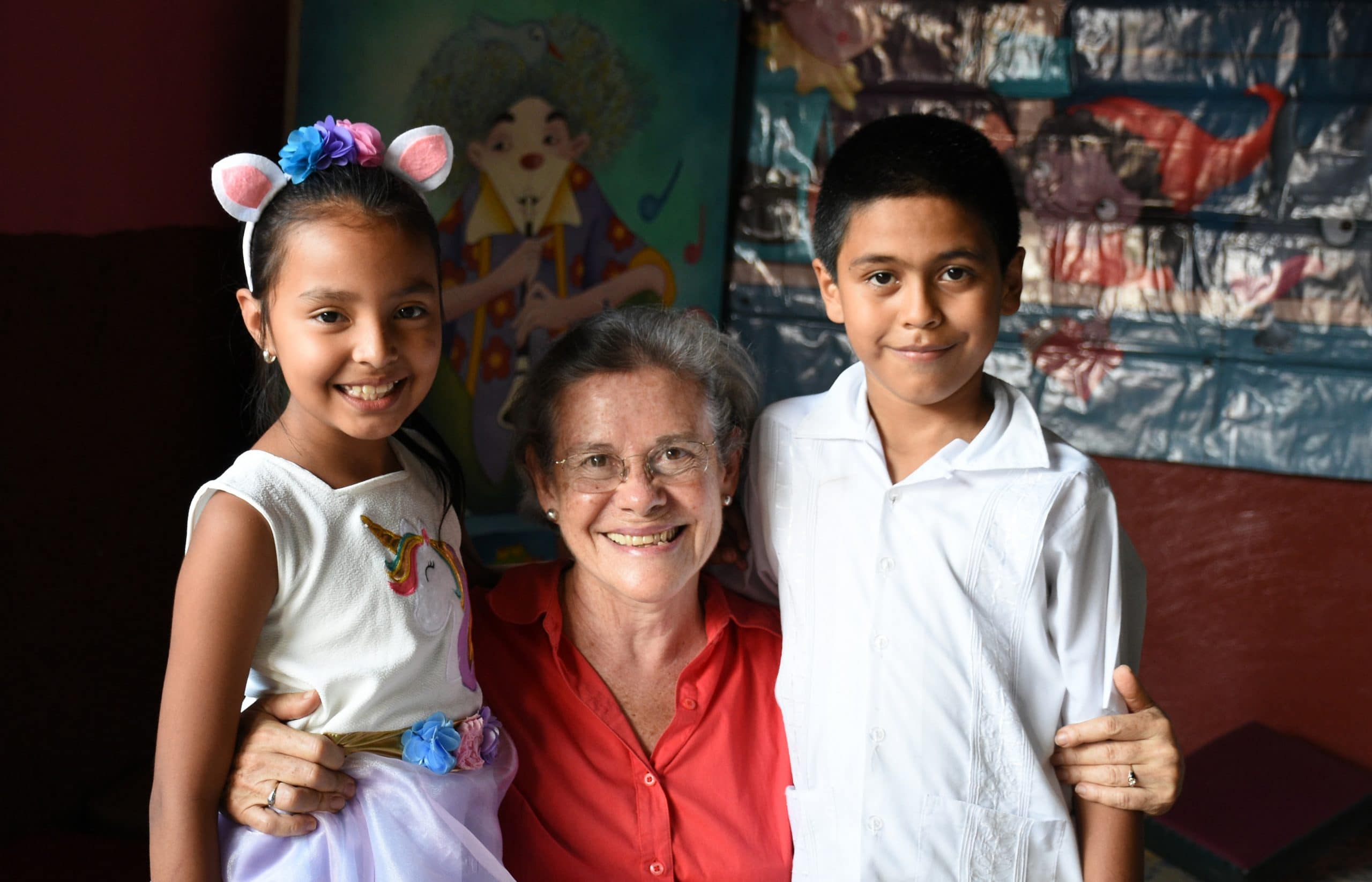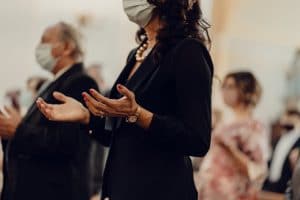I used to be a teacher, and a large number of my friends are still teachers. While it can be incredibly rewarding, it’s hands down the hardest job I have ever done, and the most thankless. While commiserating with a friend and fellow teacher who had taken a few harsh tongue lashings from parents of her students that week, she commented that there is not one surgeon, attorney, physicist, or President out there who would be where they are without the teachers that shaped them as children. Stop and reflect for a moment that even Ozlem Tureci and Ugur Sahin once had to learn to read and do long division. Celebrities’ Wikipedia pages almost never include their education before adulthood.
I think about my friend’s comment a lot. I really wish teachers were rewarded with trust and respect rather than an appreciation holiday in the spring. But beyond that, I have lately started listing things in my life–learned skills–that are either indispensable or enormously helpful to me in my current place in life. I did not simply manifest these skills; people taught me. People gave me their time and efforts. Here are a few.
Reading
Obvious, right? In my limited experience with the methods of early education and lower elementary teachers, what I’ve seen is that it takes three or four teachers to teach most of us to read. That’s not including the parents, older siblings, grandparents, and other adults who read to us and encourage us to read to them.
If I could not read, I could not do the work I do now, nor most of my previous jobs since high school. I could not do most of my shopping; imagine dealing with OTC drug labels or even Amazon listings. I couldn’t understand most warning plaques or use most phone apps. I couldn’t fill out applications to get things that I want, like a driver’s license or a job. My world would be incredibly small. Besides the pleasure and power of reading, I have an incredible volume of choices in life simply because I can read. I did not teach myself to read.
Typing
When I was in 6th grade, I had to learn typing in school. I didn’t particularly enjoy it, and I hated those gross rubber keyboard covers that forced me to type from memory (and were somehow always sticky). But over the next ten years of my education, I typed so many papers and in-class notes. I typed cover letters and job application supplements. Now, as a writer and editor, I type all day long. I am fast and accurate. Why? Because decades ago, someone taught me to do this. What was their name? I have no idea.
Executive Function
Executive function is a collection of skills that allow you to basically keep a handle on your life. It includes the ability to focus attention, to self-regulate (emotions, impulses, etc.), to organize and prioritize tasks, and to understand other points of view. Executive function is what allowed me to do well in school. As an adult, I pay my bills on time, juggle the demands of my job and personal life, work for various clients doing very different work on different timelines, and keep a calendar to tie everything together.
Where do you think we learn this? I’m pretty sure for me, it was early education. I am fortunate at the base level not to bear disabilities that might impact my executive function (children and adults with ADHD have an incredibly steep hill to climb), but I still had to learn this; as the very dated meme goes, I didn’t wake up like this. Early education teachers help young children learn self-control, flexibility, and focus. Our future success flows out of it.
These are just three examples. I can think of other skills I learned from my parents, from therapists, from friends of our family when I was growing up, and even from acquaintances. A former coworker taught me to make my own deodorant five years ago, and I’ve made dozens of batches since.
I have found this to be a good exercise in my quest to become a more grateful person, and I would encourage you to try it out.
Reality Changing Observations:
1. What are some abilities you take for granted? How many of them were taught to you?
2. Are any of those teachers (formal or informal) still in your life? Can you find a way to express appreciation?
3. What are some ways we can pass forward what we have been given?






